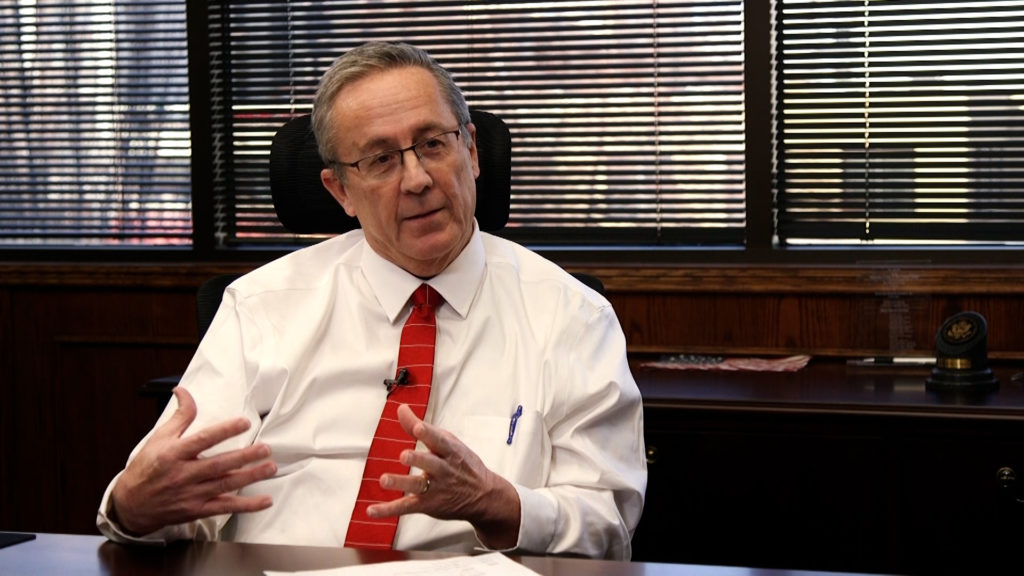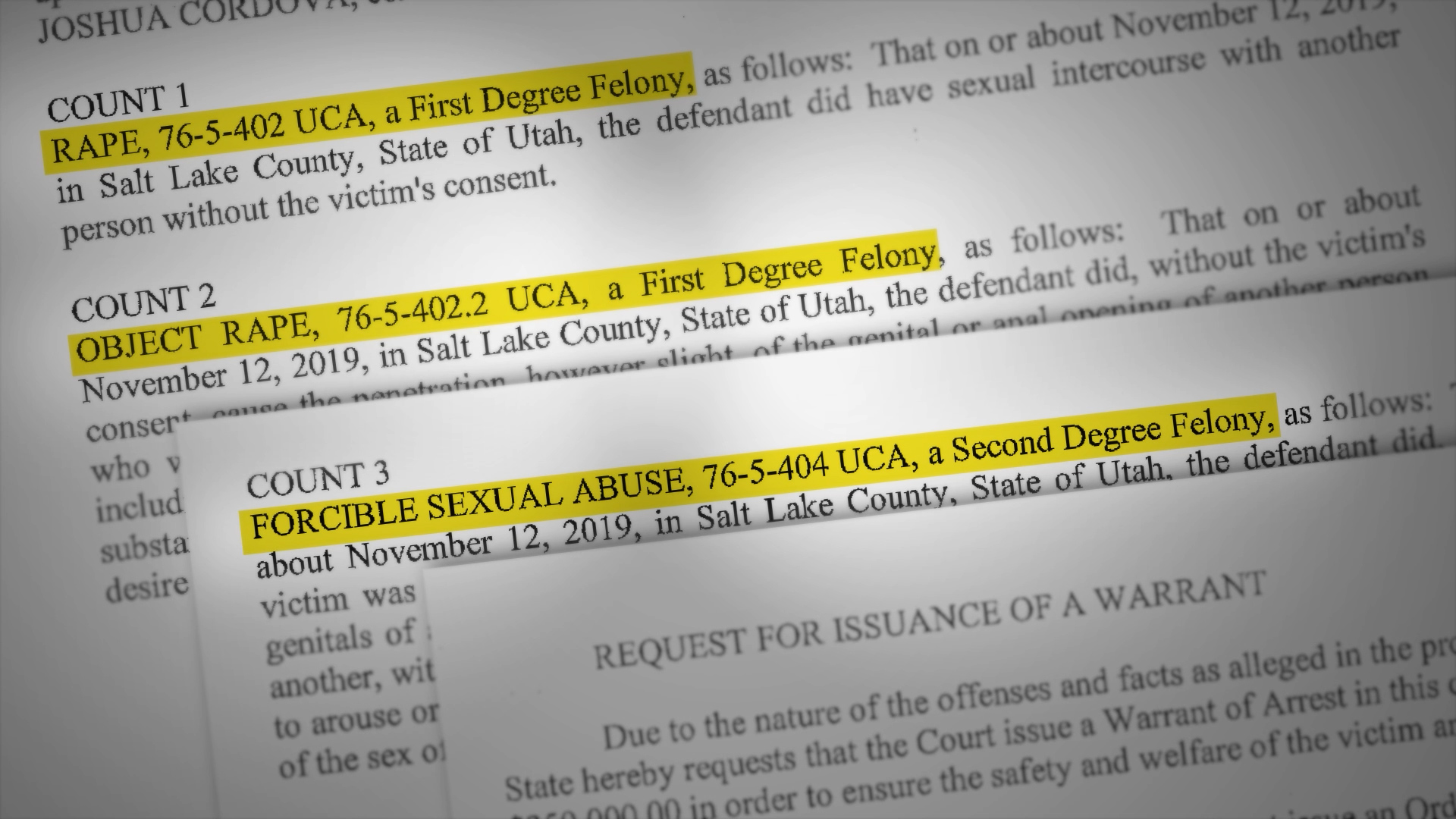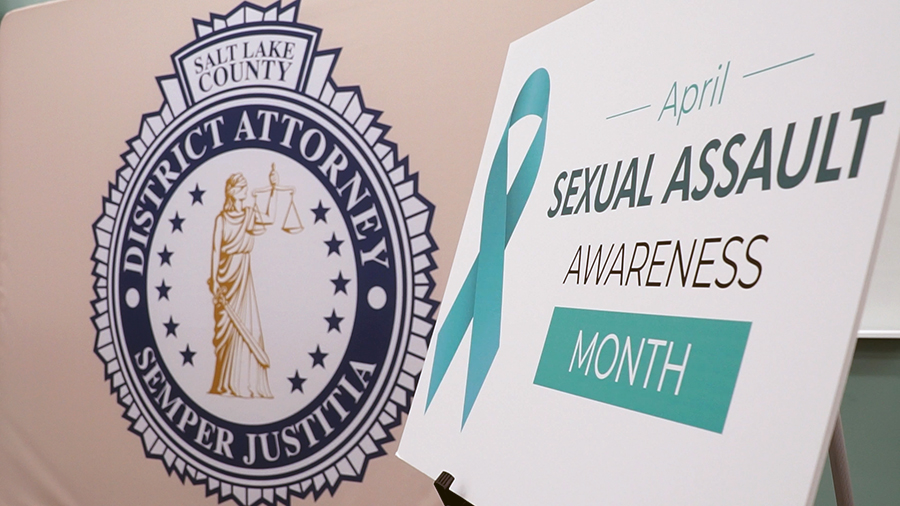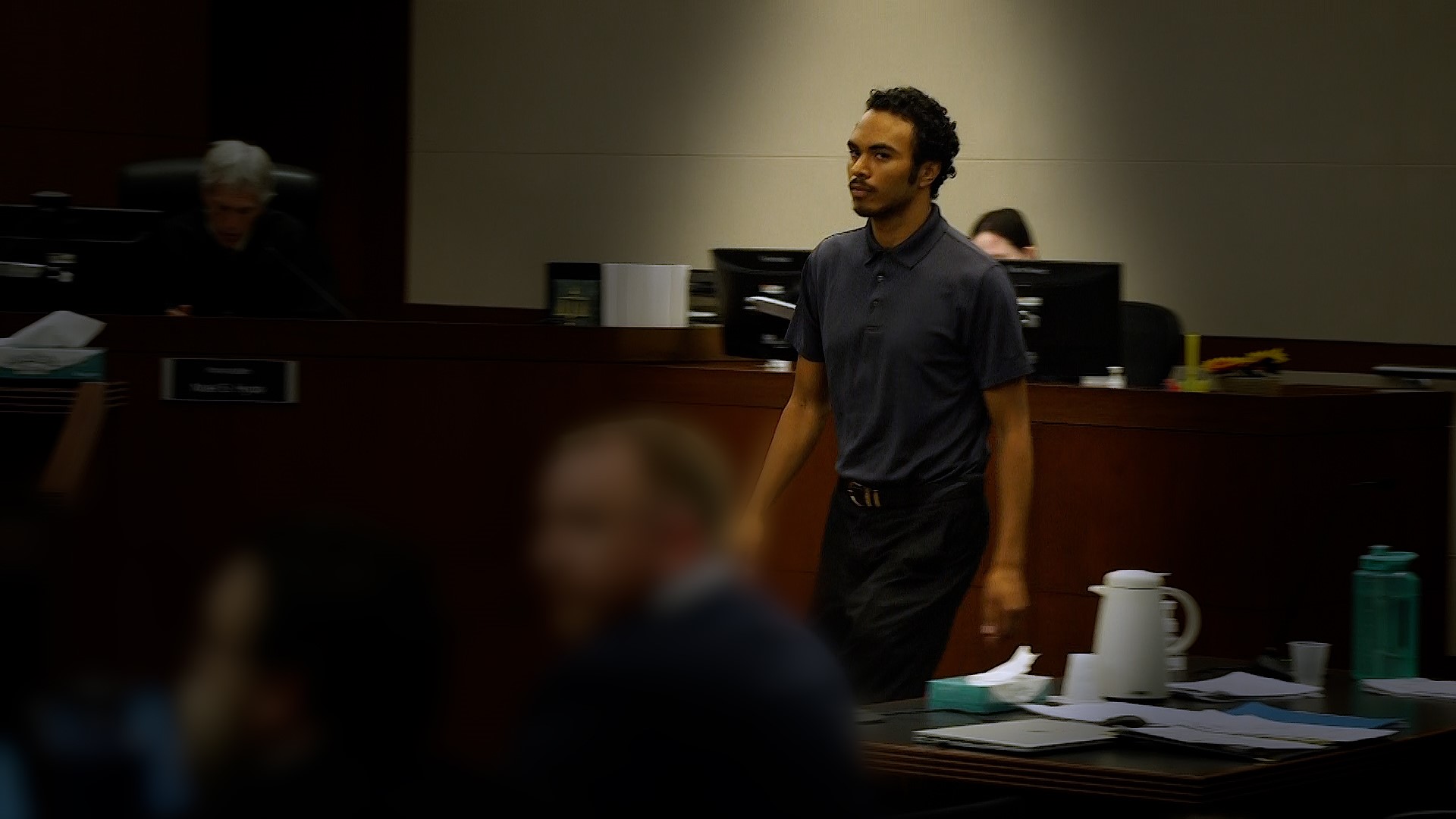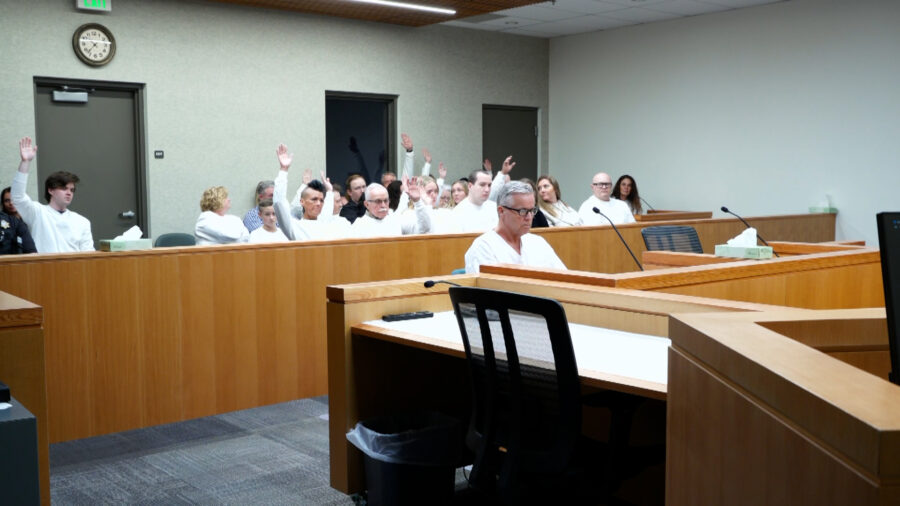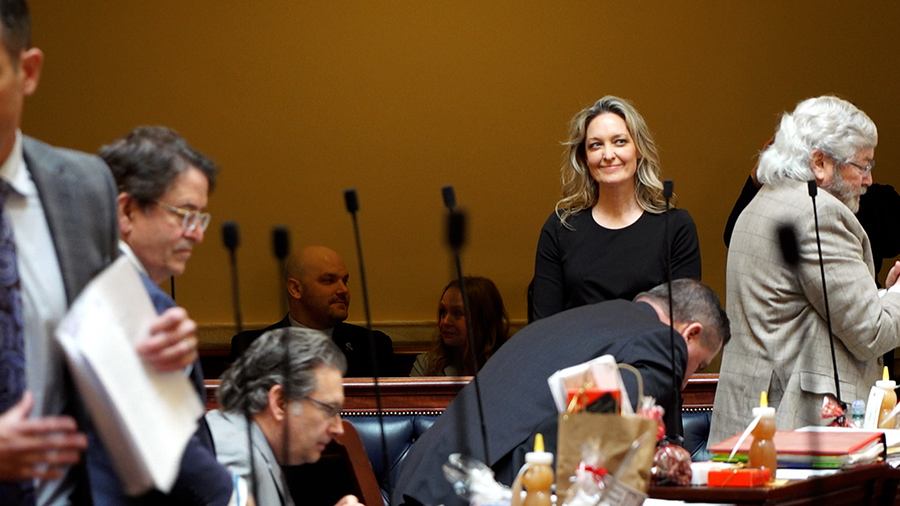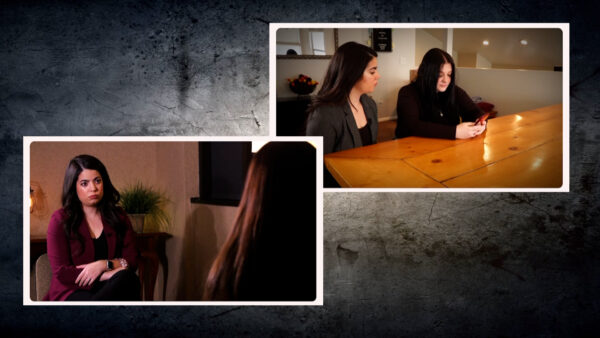Only a fraction of reported sexual assaults are prosecuted in Utah; Experts say it’s time to ‘up our game’
Feb 28, 2023, 10:38 PM | Updated: May 12, 2023, 5:12 pm
SALT LAKE CITY – Multiple rape cases are getting a new look after a KSL Investigation into how the justice system has handled reports of sexual assault.
While the KSL Investigators have found failures to fully investigate reports of sexual assault, we also found pervasive rape myths are potentially impacting Utah’s prosecution rates.
Only a fraction of rapes reported to law enforcement are prosecuted. And two experts with long careers in investigating and prosecuting sexual violence say Utah can do better.
‘The world had stopped for me’
At just 13 years old, Claudia Kite was sexually assaulted by Joshua Homer in 2012.
“I was so young,” she told the KSL Investigators. “I was also very naïve, and it was easy to take advantage of that. And I truly feel like that’s what he did.”
Homer, who was 16 at the time, was initially charged with felony rape of a child under 14. He accepted a deal with Davis County prosecutors, pleading guilty to a misdemeanor charge of sexual battery.
“Life continued on for him when like, the world had stopped for me,” Kite said.
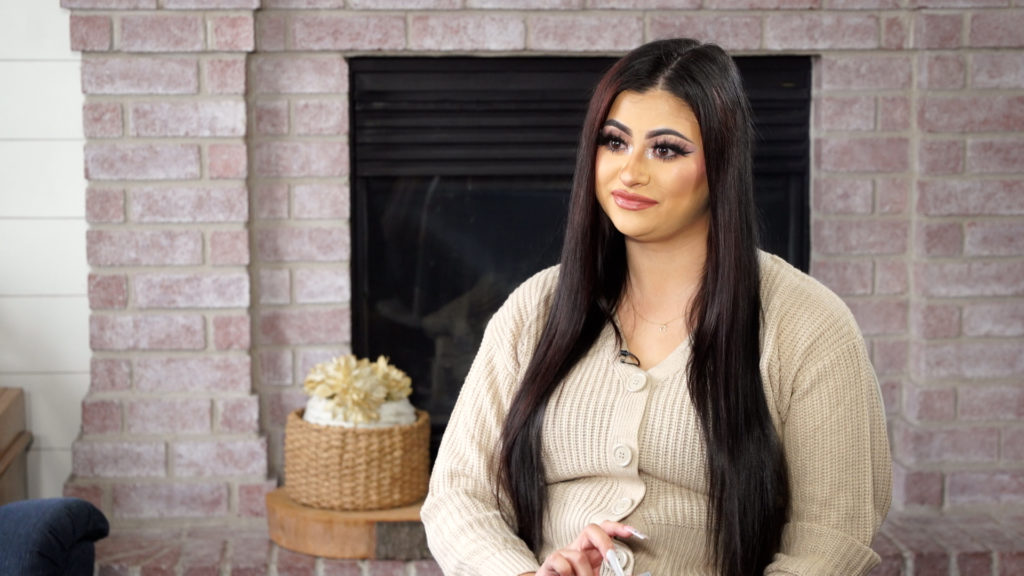
Claudia Kite was sexually assaulted by Homer in 2012. Her case remains the only one in which he was charged with rape. (Josh Szymanik/KSL TV)
She described struggling to process the trauma of the assault while feeling blamed and disbelieved by their peers. Eventually, she says she had to switch schools to escape bullying.
“It was very lonely,” said Kite, of that time in her life.
Kite was not the first to accuse Homer of sexual assault, and she is far from the last.
“You can’t even put into words just how much we wish that people had believed us,” she said.
Kite is referring to the numerous women and girls who’ve made reports about Homer to law enforcement during the last decade.
Low prosecution rates
The KSL Investigators identified and tracked the cases of 12 women and girls, including Kite, who reported a sexual assault. Only two of those cases have led to charges. And Kite’s case represents the only time he’s been charged with rape.
In three cases, prosecutors formally declined to file charges, citing evidentiary issues.
The fact that prosecutors have only filed charges in two cases aligns with statewide data revealing low prosecution rates for these types of crimes in Utah.
63% of rapists are repeat offenders. Not prosecuting rape cases puts the public at risk by leaving potential serial rapists free to continue to victimize. Tune in at 10 for part 2 of our investigation @DaniellaKSL @KSLInvestigates #Utah #CriminalJustice #FailureToProtect pic.twitter.com/V4CaMH7yxW
— Keira Fairmont (@NewsKeira) March 1, 2023
The Utah Commission on Criminal and Juvenile Justice has estimated only 11.8% of women report sexual assault to law enforcement. And in Utah, rape is recorded at higher rates than the national average.
Still, only a fraction are prosecuted.
For example, state crime data shows 1,500 rapes (NIBRS definition) were reported to Utah law enforcement agencies last year. Records provided by state courts show just 273 cases were filed with a first-degree felony rape charge (Utah Code § 76-5-402 & § 76-5-402.1) in 2022.
‘This did happen to me’
Just last month, the Utah County Attorney’s Office declined to file charges in the most recent case naming Homer.
“They’re not even taking me seriously enough that this did happen to me,” Vanessa Clark told the KSL Investigators.
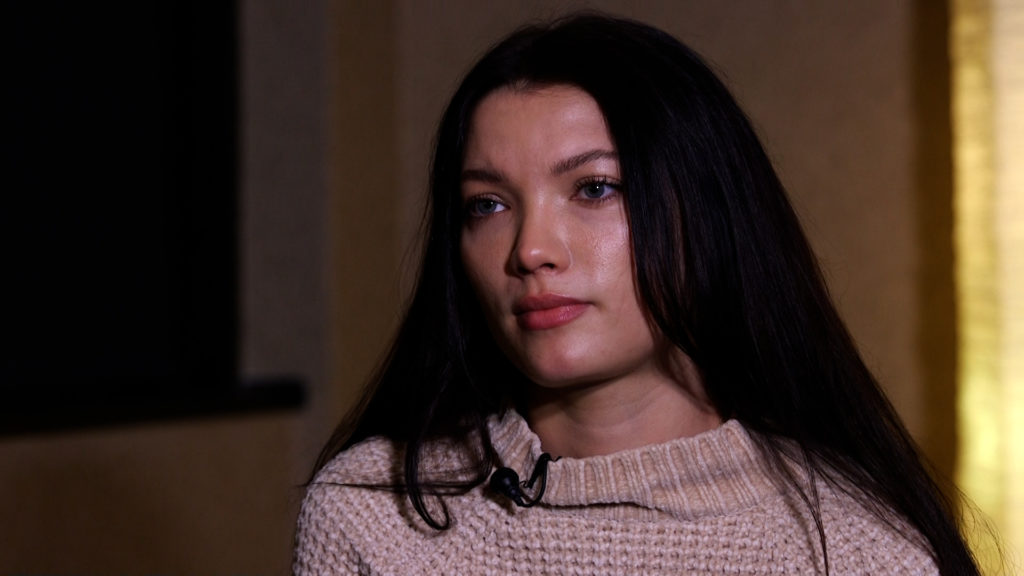
Vanessa Clark reported she was sexually assaulted by the same suspect in Utah County in November 2022. (Ken Fall/KSL TV)
Clark reported she was sexually assaulted in early November. She underwent a forensic exam. She cooperated with investigators. But her case was still rejected by prosecutors.
Utah County Attorney Jeff Gray says his office declined to file charges, believing prosecutors would not be able to prove what happened was not consensual.
“We have to prove that he should have been aware of her non-consent,” Gray explained.
And Utah County Sheriff’s Lt. Jason Randall told the KSL Investigators they wanted to hear that from Homer.
“The vast majority of these cases are only resolved through one thing, and that’s a confession,” he said. “If we don’t get a confession to prove that there was lack of consent from our suspect, this case goes nowhere.”
But confessions in sexual assault cases are rare, according to Donna Kelly, a retired special victims unit prosecutor.
“In my 32 years of being a prosecutor, I can count on one hand the number of times that I had a confession,” she said, “and yet I went to trial hundreds of times.”
He said, she said
There’s a common phrase used to describe cases like Clark’s.
“This was a ‘he said, she said’ case,” Randall said.
“He said, she said cases are extremely rare,” said Kelly.
Retired SVU detective Justin Boardman agreed with her.
“The four worst words I ever hear in a row are ‘he said, she said,’” he told the KSL Investigators.
Kelly and Boardman are experts on a mission to dispel rape myths and spread awareness about trauma and how these tough cases can be proven.
“One of those myths is this whole, ‘he said, she said’ concept,” Kelly explained. “What it usually means is we haven’t looked hard enough.”
Kelly earned a reputation for taking cases to trial that others wouldn’t and getting convictions. She credits knowing how to look for signs of trauma.
“The juries care about that kind of stuff, you know, because they’re thinking, ‘Wait a minute, if I were raped, it would dramatically affect my life.’ Well, we need to look for that evidence,” she said.
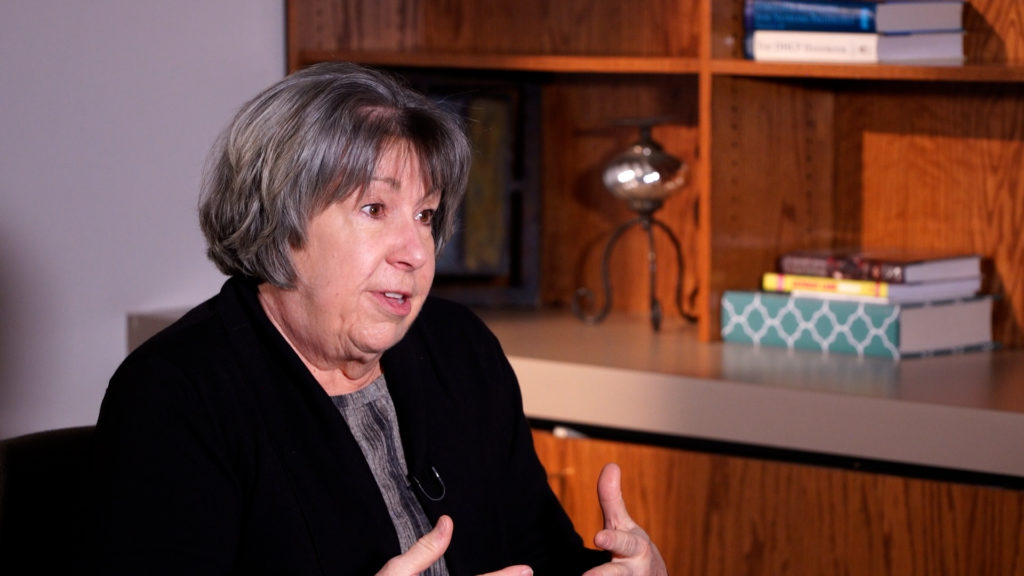
Donna Kelly is a retired senior deputy district attorney who prosecuted SVU cases for more than 30 years. (Josh Szymanik/KSL TV)
Kelly said she would often request additional evidence from investigators submitting cases to her.
“I always want the person that the victim first reported to, I always want that person interviewed,” she explained. “I always want their people who are close to them to come in and tell the officers how this affected them. Did it change their lifestyle? Did it make them any more or less fearful about being alone? Those types of things.”
‘A 50/50 crapshoot’
Davis County Attorney Troy Rawlings’ Office declined to prosecute two other rape cases involving the same suspect.
Rawlings has defended the declinations, saying at the time, they did not have sufficient evidence to move forward – something that could change in the future.
“We can’t prosecute cases unless we have a good faith belief that we’re going to get a conviction,” he said.
Rawlings said part of the decision-making process includes considering a hypothetical jury.
“What is a reasonable common-sense jury in Davis County likely to do, and on a rape case, we’d have to get eight out of eight that would say, ‘guilty beyond a reasonable doubt,’” he explained.
But Rawlings also acknowledged a jury’s decision is hard to predict.
“It’s literally a 50/50 crapshoot if you go to trial,” he said.
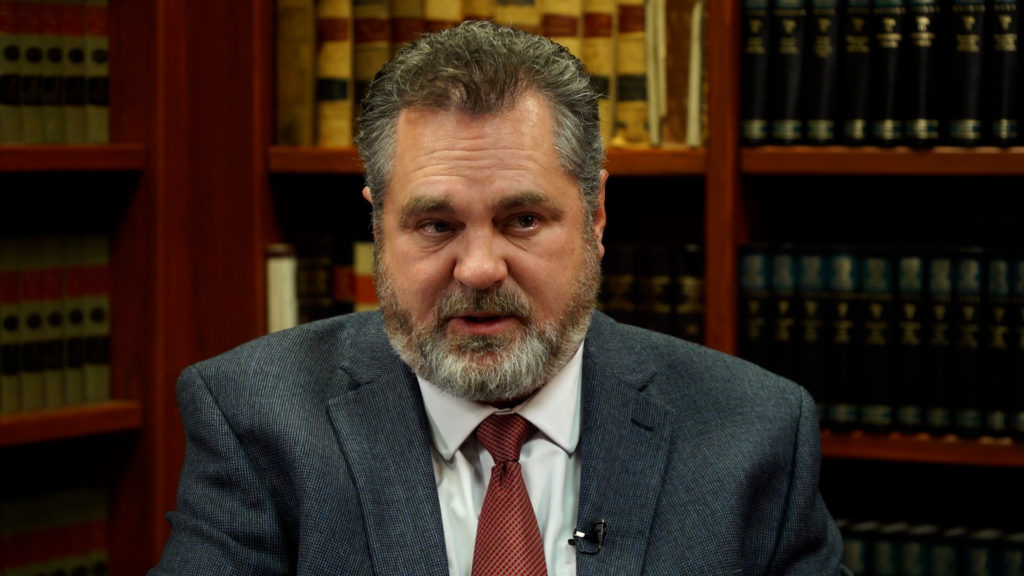
Davis County Attorney Troy Rawlings’ Office has declined to prosecute two rape cases involving Homer. (Tanner Siegworth/KSL TV)
This month, Rawlings’ office denied a public record request from the KSL Investigators seeking data regarding the number of rape cases submitted by law enforcement and the number of cases in which charges are filed.
Deputy County Attorney Robert Tripp wrote in the denial letter, “we do not have a record that is responsive to that request.”
‘What we need to do is up our game’
Kelly and Boardman said prosecutors should consider why they think a jury might not convict, and then plan to remedy doubts by putting experts on the stand who can explain the evidence they have.
“I think what’s happening is not everybody has all the information that we could have about trauma,” Kelly said. “Because when you look at a police report and you’re reading it, there may be behaviors that you don’t understand, like, for example, freezing, or a victim not screaming. If you don’t understand how trauma affects your behavior and your memory, you’re not going to understand what you’re reading and what you’re seeing in the recorded interviews.”
Kelly said prosecutors are up against rape myths that persist widely in society. In reality, most survivors do not call 911 to report their assault right away, and freezing during an assault is a common trauma response among rape victims.
“I believe that what we need to do is up our game on calling expert witnesses to talk about trauma, having prosecutors and officers and anyone involved in the system educated on the effects of trauma on behavior and memory, and that kind of approach to our cases will dramatically improve our cases going forward,” she said.
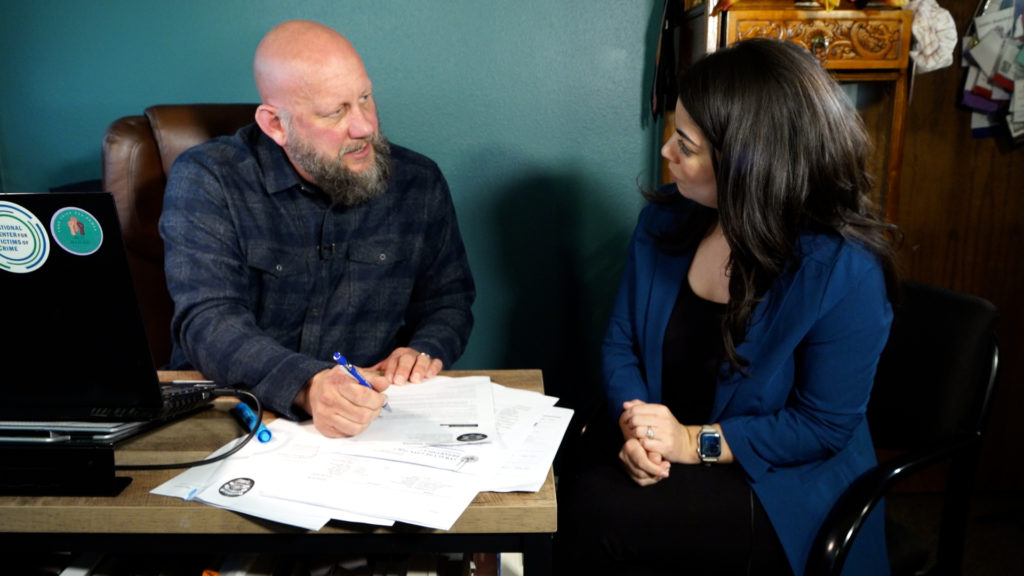
Justin Boardman is a retired Utah detective who now trains law enforcement on how to conduct trauma-informed investigations. (Josh Szymanik/KSL TV)
Boardman believes some prosecutors are overly hesitant to charge rape cases and take them to trial, depriving survivors of their chance to pursue justice and juries of the opportunity to weigh the evidence.
“[Juries are] not getting the chance to be educated by a prosecutor. The judges are not getting a chance to be educated by the prosecutor,” he said. “That’s the best way to get the system to do that, is to prosecute these cases.”
Doctrine of Chances
Both Boardman and Kelly said in situations where there are multiple accusers, their reports can be combined to build a stronger case.
“There is a thing in Utah law called the doctrine of chances,” Kelly explained.
She says it requires judges to consider allowing other witnesses with similar stories to testify in support of one case.
“Basically, judges are required to look at evidence to make sure they’re similar enough because the chances of those crimes being falsely reported is significantly decreased if there are multiple reports,” said Kelly.
‘Enough is enough’
In the decade since she reported her assault, Claudia Kite has watched, with disappointment, as several other women and girls have come forward with similar stories about the same suspect.
“This has been going on for almost 11 years,” she said. “Enough is enough.”
A recent KSL Investigation revealed more than half of the cases naming Homer died with law enforcement. Since the KSL Investigators started asking questions, four rape cases are now being screened by prosecutors.
This report is part of a series examining how apparent gaps at every level of Utah’s criminal justice system fail to protect Utahns. If you have experienced sexual violence, you can access help and resources by calling Utah’s 24-hour Sexual Violence Helpline at 1-888-421-1100. You can also call the National Sexual Assault Hotline at 1-800-656-4673 for free, confidential counseling.
Have you experienced something you think just isn’t right? The KSL Investigators want to help. Submit your tip at investigates@ksl.com or 385-707-6153 so we can get working for you

